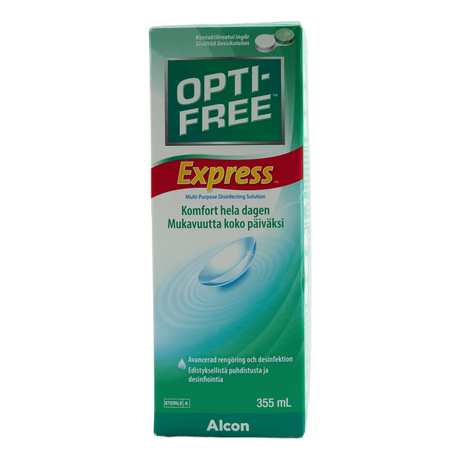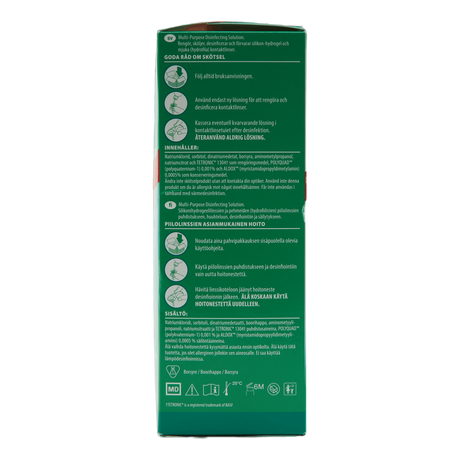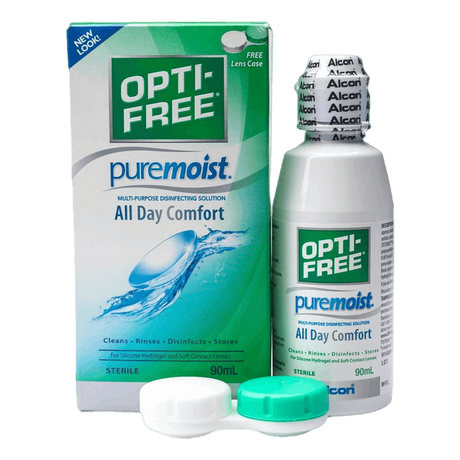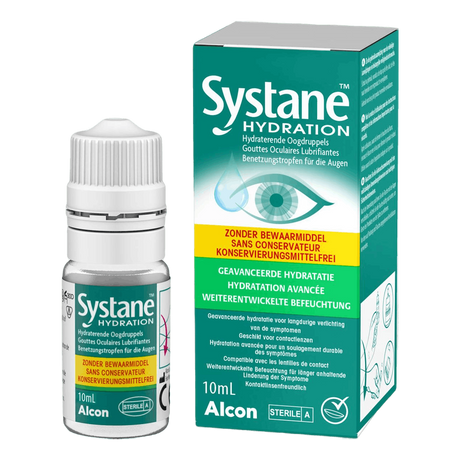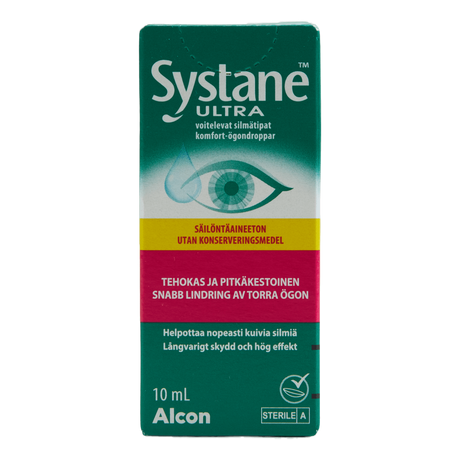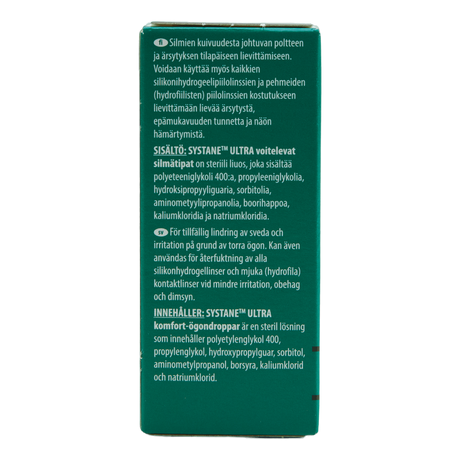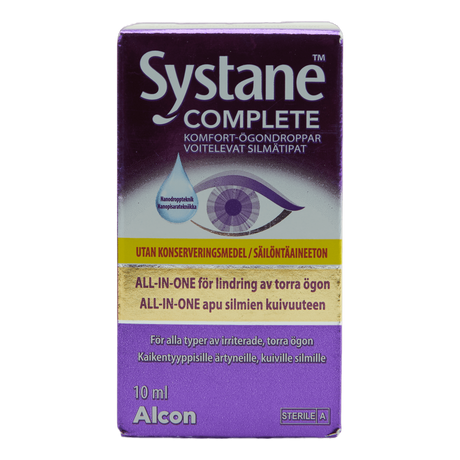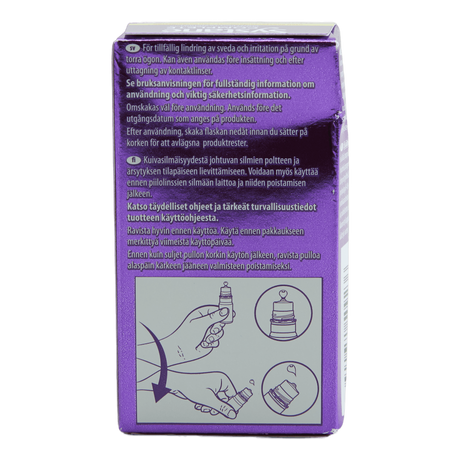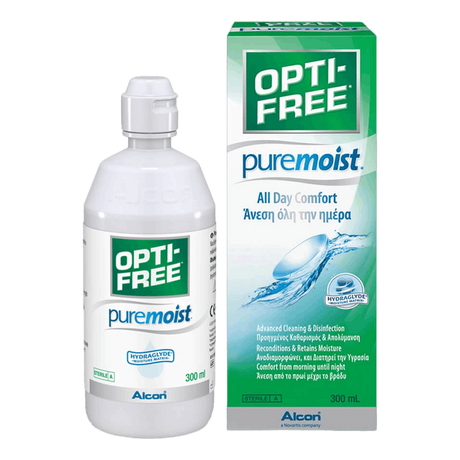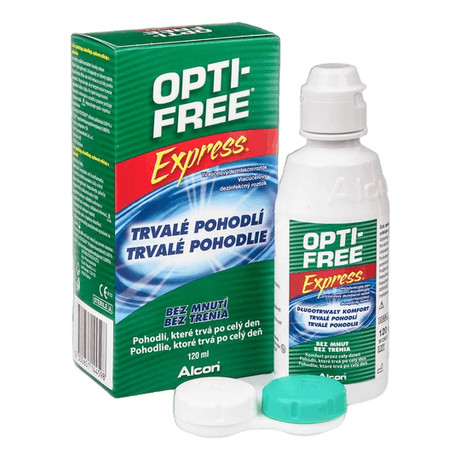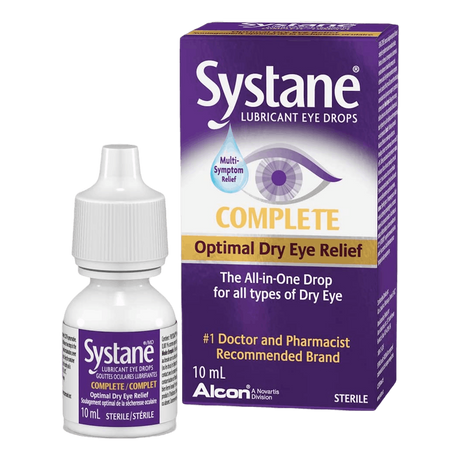What is Nearsightedness?
Nearsightedness, also known as myopia, is a vision problem where you see clearly up close but blurry at a distance. This is because the eye is too long or the cornea is too curved, causing light to focus in front of the retina instead of on it.
Nearsightedness is common and often affects children and young people, but it can also develop later in life. The degree of nearsightedness varies from person to person. Some only need glasses for distance vision, while others need them all the time.
How Glasses Correct Nearsightedness
Glasses with minus lenses compensate for the eye's incorrect refraction of light in nearsightedness. The minus lenses spread out the light so that it focuses further back and hits the retina, providing clear distance vision.
The strength of the lenses is measured in diopters and is customized based on your eye exam at the optician's. The higher the value, the stronger the correction. Common strengths for nearsightedness range from -0.5 to -6.0 diopters.
Choosing the Right Glasses for Nearsightedness
When choosing glasses, it's important that they fit your face and lifestyle. Consider the following:
- Frame Size - Choose a moderately sized frame that fits comfortably without sliding down.
- Lens Size - Ensure the lenses cover your field of vision properly, especially if you are more nearsighted.
- Material - Plastic frames are lightweight and durable. Metal frames provide a thinner, lighter look.
- Style - Find a frame that matches your personal style, whether you prefer a discreet or bold look.
Benefits of Thin, Scratch-Resistant Lenses
Modern eyeglass lenses are thinner and lighter than ever before. Ask for thin, high-index lenses, preferably with scratch-resistant coatings. The benefits include:
- Reduced edge thickness, especially at higher prescriptions
- Lighter weight for increased comfort
- Scratch-resistant surface for greater durability
- Anti-reflective coating that reduces glare and improves visual comfort
Complement with Contact Lenses
While glasses are an excellent choice for nearsightedness, it can be convenient to alternate with contact lenses at times. Contact lenses provide an unobstructed field of vision, won't fog up, and are practical for exercise.
There are many types of contact lenses for nearsightedness, including monthly and daily disposable lenses. Ask your optician which type of lenses is best for you and consider trying them out when you get your glasses.
Benefits of Combining Glasses and Contact Lenses
- Flexibility to choose based on situation and needs
- Gentle on the eyes by alternating between lenses and glasses
- Backup in case you lose or forget one option
- Lenses for parties and exercise, glasses for everyday and work use
Whether you choose glasses alone or complement them with contact lenses, it's important that you are comfortable with your vision correction. With the right glasses and lenses, you can see clearly up close and at a distance, and live life to the fullest as a nearsighted person. Don't let your vision problem limit you - the possibilities are endless!

